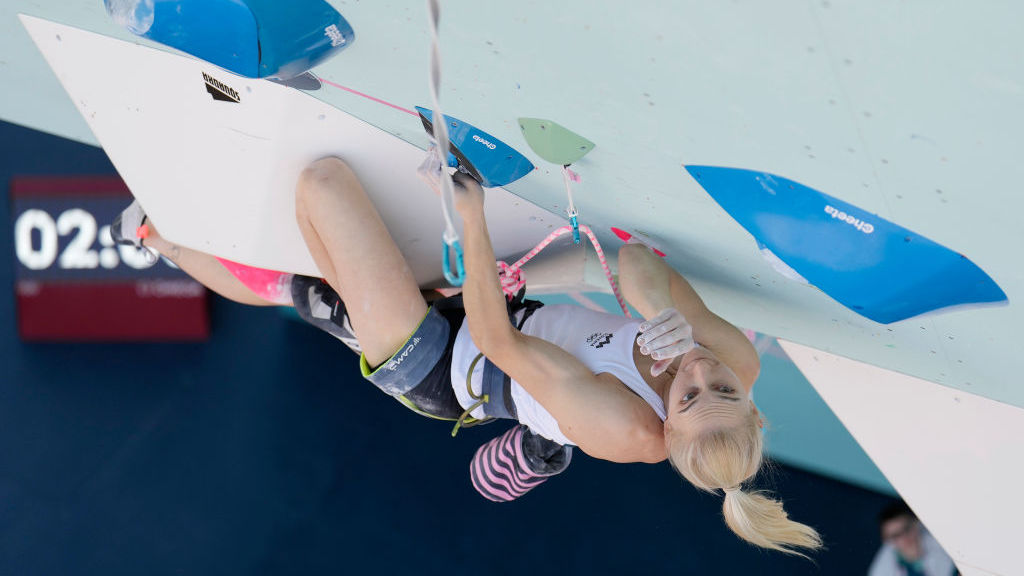9 reasons you need a camping lantern for your backcountry escapades
Why car campers and backcountry heroes should add the oft-overlooked camping lantern to their essential kit checklist
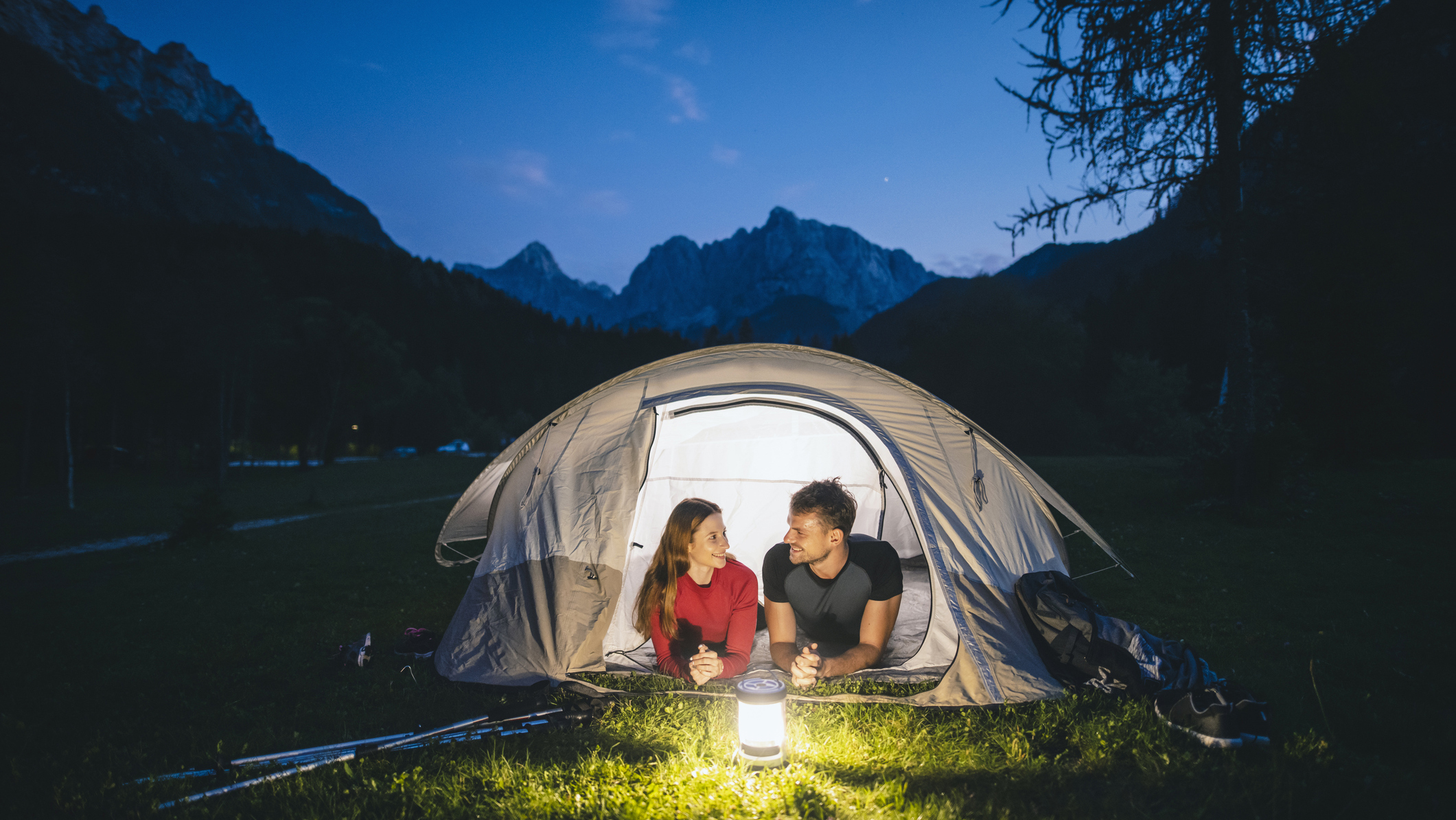
It's all about ambience. Whether it's the social experience of sharing a basecamp meal after a long day in the hills, or you're tucking in the to the latest winner of the Boardman Tasker Prize for Mountain Literature, a camping flashlight provides a pleasant, diffuse light source. It's far better than blinding each other with your headlamps or reading with the less shiny end of a flashlight propped in your mouth like a crime show detective.
So, number one: ambience. But I've also got plenty of other reasons you need a camping lantern for your backcountry adventures. Granted, they may feel like a luxury, especially when headlamps and flashlights are already an essential part of every adventurer's kit. But, thanks to their 360-degree illumination and ability to create a consistent, stationary light source, they should feature on every camping checklist.
Here are 9 reasons you need a camping lantern next time you head out into the wilderness.
Meet the expert
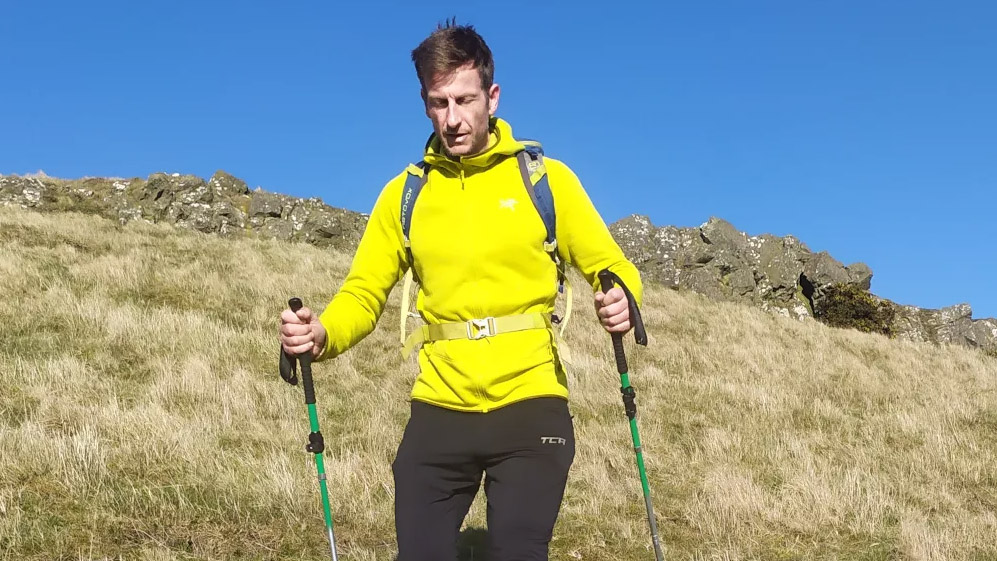
Kieran is passionate about the outdoors, particularly when it comes to climbing or quality backpacking trips. Our esteemed former editor has been on adventures of all sizes, from Himalayan epics to microadventures in the UK. He knows all about making sure he's got the right kit for every camp.
Toady's best deals
1. Improve the ambience
- Camping lanterns offer a soft, warm, unobtrusive glow
- Many come with a red light setting so as to not disrupt your night vision
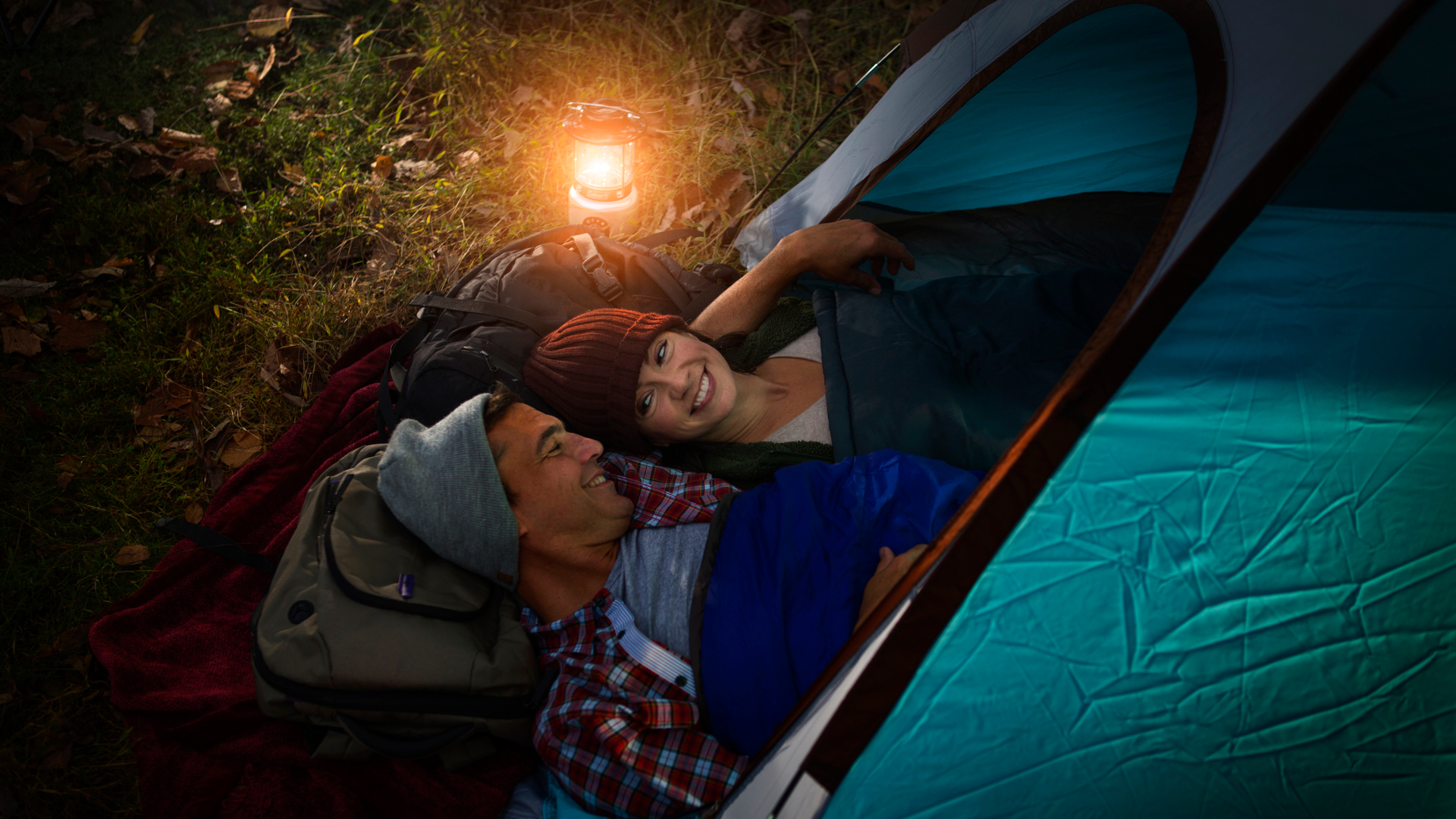
Flashlights and headlamps are ideal tools for finding your way to and around your campsite in the dark. Once there, however, their powerful, penetrating glare can seriously detract from the ambience of your setting. Camping lanterns, on the other hand, offer a soft, warm, unobtrusive glow that, whether artificial (LED) or natural (propane, butane, or oil), is far easier on the eyes and provides a far more homely feel. Many models also have a red light mode that lets you locate your gear or keep your camp lit up without blowing your nightvision.
2. 360-degree illumination
- Camping lanterns provide an omni-directional light
The unique selling point of camping lanterns is that they offer a more diffuse glow compared to the narrow, strobe-like lighting provided by your headlamp or flashlight. And while a headlamp or a flashlight slung from a branch, ridgeline, or aimed across your campsite from a rock or camping table will likely illuminate a 20- to 30-foot patch of terrain in the direction it is pointing, a decent camping lantern will light up every square foot of area surrounding it for up to 20 feet in all directions.
3. Dazzle prevention
- The diffuse glow of a camping lantern won't dazzle your campmates when you flick it on
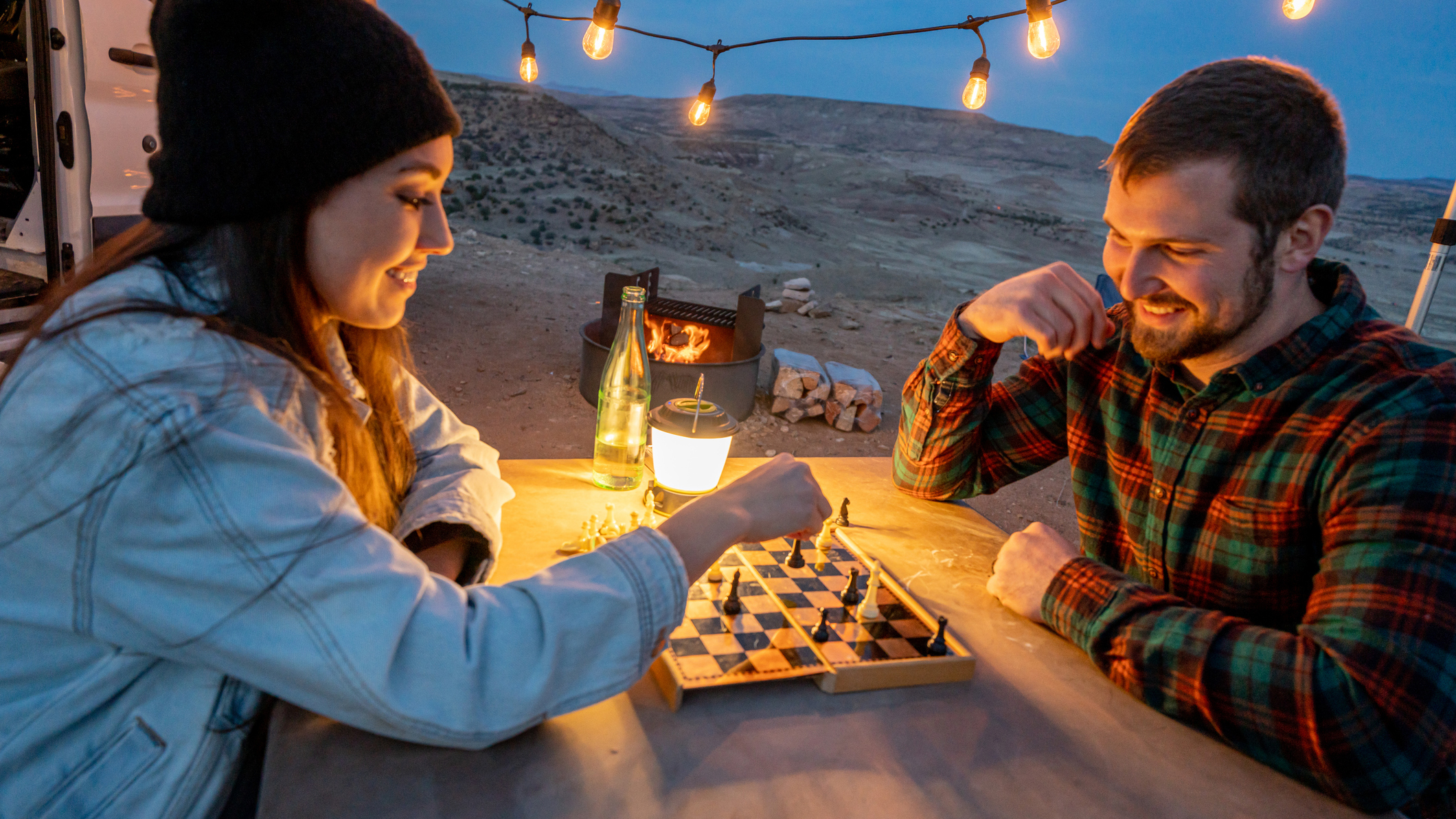
Death and taxes are the oft-cited great inevitables that every human must look forward to during their earthly sojourn. For those of us who choose to spend some of that sojourn under canvas, however, there exists a third inevitable – namely, being dazzled by the blinding glow of our camping companions’ headlamps inside or around our tents. In the humble camping lantern, however, we find a solution that allows us to save our headlamps for wayfinding and lets our camping cohorts locate their midnight snacks, teddy bears, or stash of TP roll without assaulting our eyes.
4. Hands- and head-free lighting
- Many tasks around the campsite require your hands to be free, which you can't achieve with a flashlight
- Sorting items out in a small tent with a headlamp can cause frustration
Many campsite tasks – pitching your tent, cooking, even cracking open a can of your post-hike tipple – require using two hands. Unless you happen to have a third one at your disposal, therefore, a flashlight is rarely the most practical option. Unless, that is, you want to hold it in your mouth, which ain't the most hygienic. Moving around inside your tent with a headlamp on can also cause frustrations, most often resulting in the headlamp’s beam being blocked by the fabric of the tent canopy, the aforementioned assault on the eyes of co-campers, or, after an hour or two of use, the lamp’s headband causing considerable discomfort to your dome.
Advnture Newsletter
All the latest inspiration, tips and guides to help you plan your next Advnture!
5. Multi-functionality
- Most modern camping lanterns are multi-functional
- Some double up as a flashlight, while others can be used as a power bank
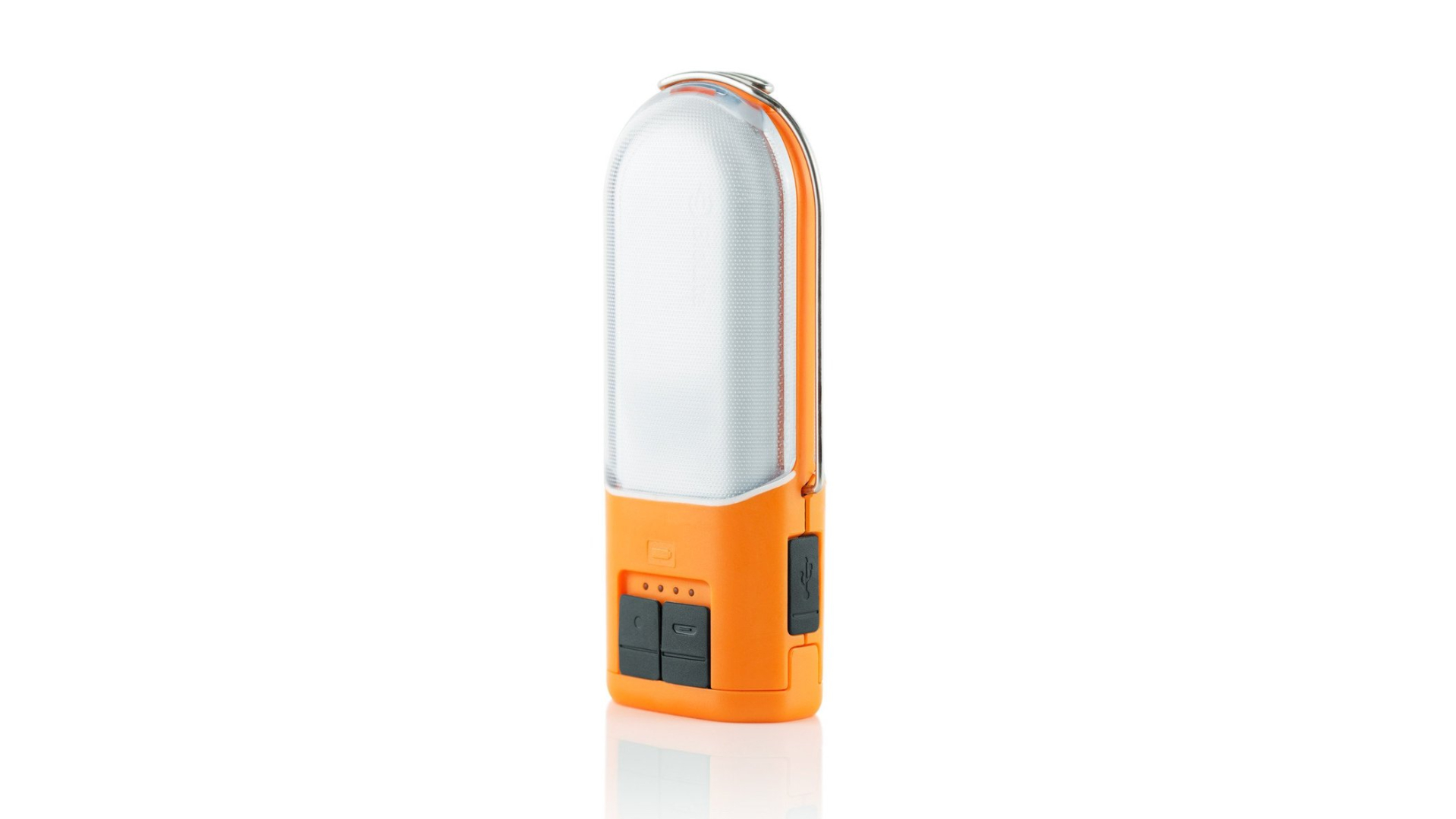
Oil and gas-powered camping lanterns of yore did little more than provide a reliable source of illumination, contribute an (additional) unseemly reek to our campsites, and cause the occasional inadvertent bonfire when knocked over by stray limbs. Modern iterations, however, bring a little more to the table, with some models doubling as a flashlight or even as a power bank. Some models also have handy loops or S-hooks for easy hanging, or tripod-style legs for use on the floor. Given that most use LEDs, moreover, they’re pleasingly reek-free and pose zero fire risk.
6. They’re more portable than you think
- Camping lanterns can be extremely lightweight and portable too
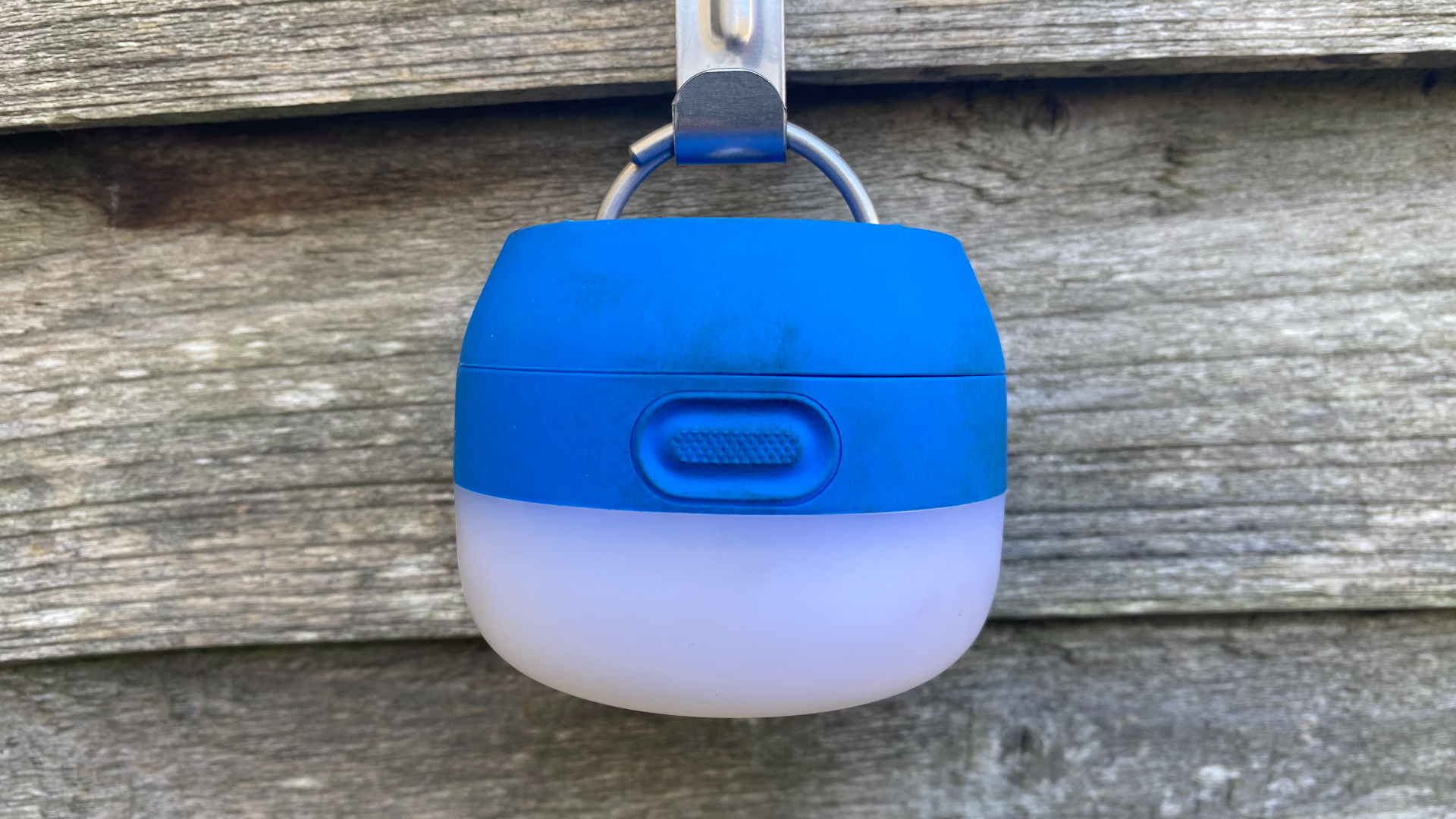
Once upon a time, camping lanterns’ heft and bulk earmarked them as suitable paraphernalia for car-camping excursions only. Thankfully, times have changed. Nowadays, camping lanterns are far more backpack-friendly and feathery affairs, with models like the Black Diamond Moji tipping the scales at a mere 3 ounces (86 grams) and the Biolite Sunlight just 3.5 ounces (100 grams). Both of these lanterns boast an output of 100 lumens and can easily be squeezed into a trouser pocket, making them perfectly suited for more far-flung adventures.
7. Long battery life
- Camping lanterns can boast runtimes up to 75 hours on a single charge
While camping lanterns can’t compete with the best headlamps in terms of runtime, some models of LED camping lantern can keep your campsite lit for up to a highly respectable 75 hours on a single charge, while others have solar-charging functionality or use a wind-up charging mechanism that lets you forgo faffing around with batteries altogether.
8. All about the angle
- Camping lanterns are easy to position, making setting your desired lighting very straightforward
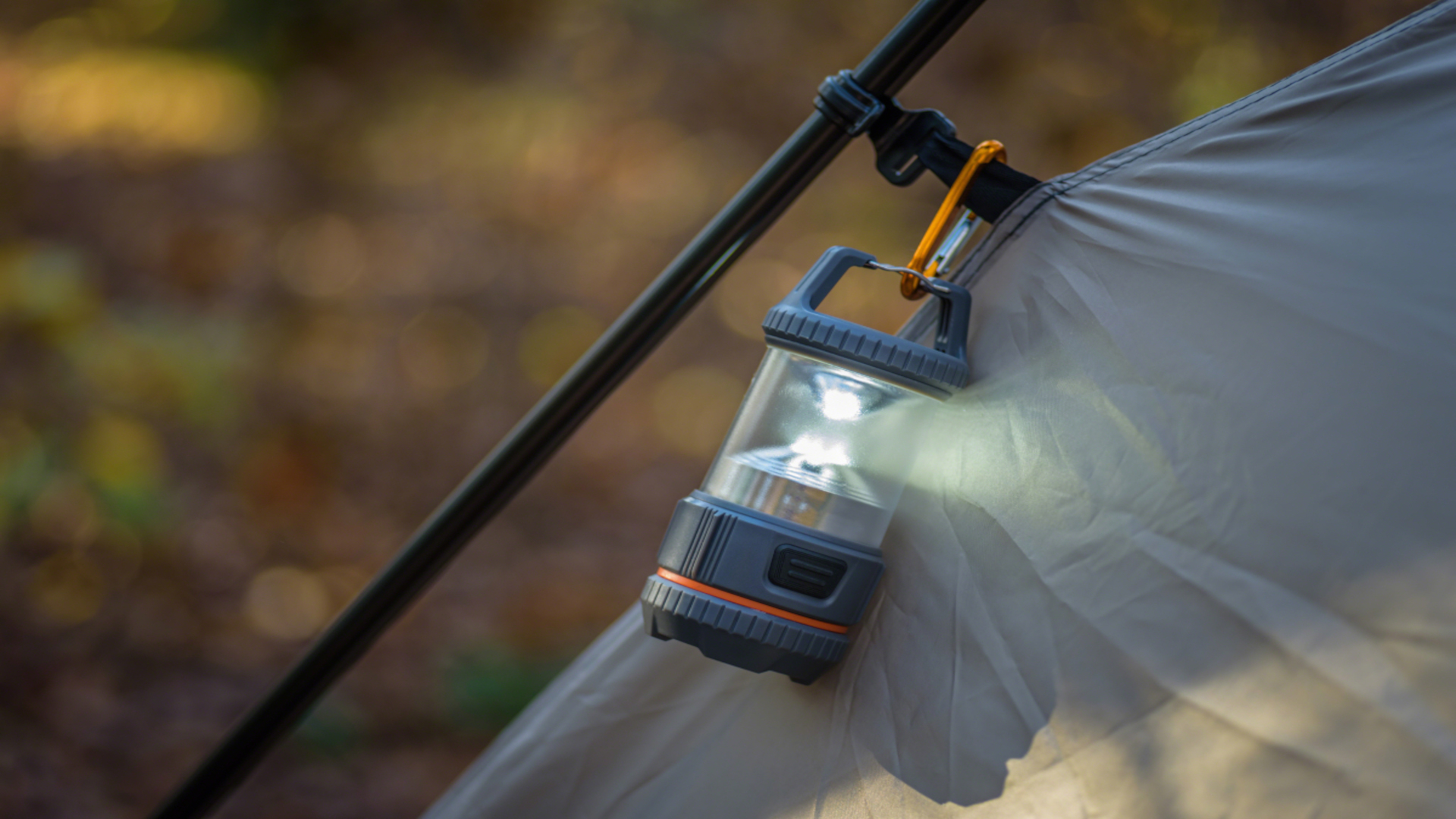
You may think we’re nitpicking, but we’re yet to meet the flashlight or headlamp that can be hung around camp or in our tent – whether in the gear loft, on accessory hooks, or on a ridgeline – and continue to cast its glow in the desired direction for as long as it remains there. Camping lanterns’ multi-directional glow, however, means that they offer a “set it and forget it” kind of functionality, meaning you’ll be able to carry on with your tick extraction, knitting, game of cards, or reading your bedtime book without having to redirect the beam every time your sleeping partner tosses or turns or a waft of wind diverts it elsewhere.
9. It’s best to have a backup
- It's always worth having a spare light source should your first choice fail
An old Navy SEAL saying warns us that “two means one, one means none.” While numerate campers may quibble, the maxim’s muddled arithmetic imparts invaluable wisdom: namely, that no essential gear item should be without a backup. And never is this advice more applicable than in the case of electronic items carried into the wilds, where drops, battery death, water damage, or electrical failure could leave us lumbering about in the dark each night until we make our return to civilization. So, while we’d always recommend that a great headlamp be one of the first gear items to go into your pack, having a secondary source – in the form of a lantern, say – is a good policy.
Former Advnture editor Kieran is a climber, mountaineer, and author who divides his time between the Italian Alps, the US, and his native Scotland.
He has climbed a handful of 6000ers in the Himalayas, 4000ers in the Alps, 14ers in the US, and loves nothing more than a good long-distance wander in the wilderness. He climbs when he should be writing, writes when he should be sleeping, has fun always.
Kieran is the author of 'Climbing the Walls', an exploration of the mental health benefits of climbing, mountaineering, and the great outdoors.

